
Discover how much wrought iron fence installation costs depending on factors like its size, thickness, design, and location.
Installing a metal fence costs $5,100 on average, and it commonly costs between $3,000 and $8,000, depending on the size and scope of the project.


The four most common types of metal fences are chain-link, steel, aluminum, and wrought-iron fences.
Ornamental wrought iron is the most costly type, whereas corrugated steel fences and chain-link fences are the most budget-friendly.
Hiring a fence installer costs $6 to $30 per linear foot.
You may have to pay extra for a land survey or land grading.
The price of metal fence installation varies widely, from $3,000 to $8,000 based on the size of your project, the type of metal used, and fence style. This comes out to $5,100 on average, or $10 to $90 per linear foot.
While some projects can exceed $23,000, those quotes are often for large ranches or significant acreage with custom fencing. Here’s a close look at the various aspects that impact metal fence costs.
There are several metal fence types that influence the cost of your project. Fences with more material or ornate finishings and designs will cost much more than simpler designs like corrugated metal.
Some of the more common fence types are:
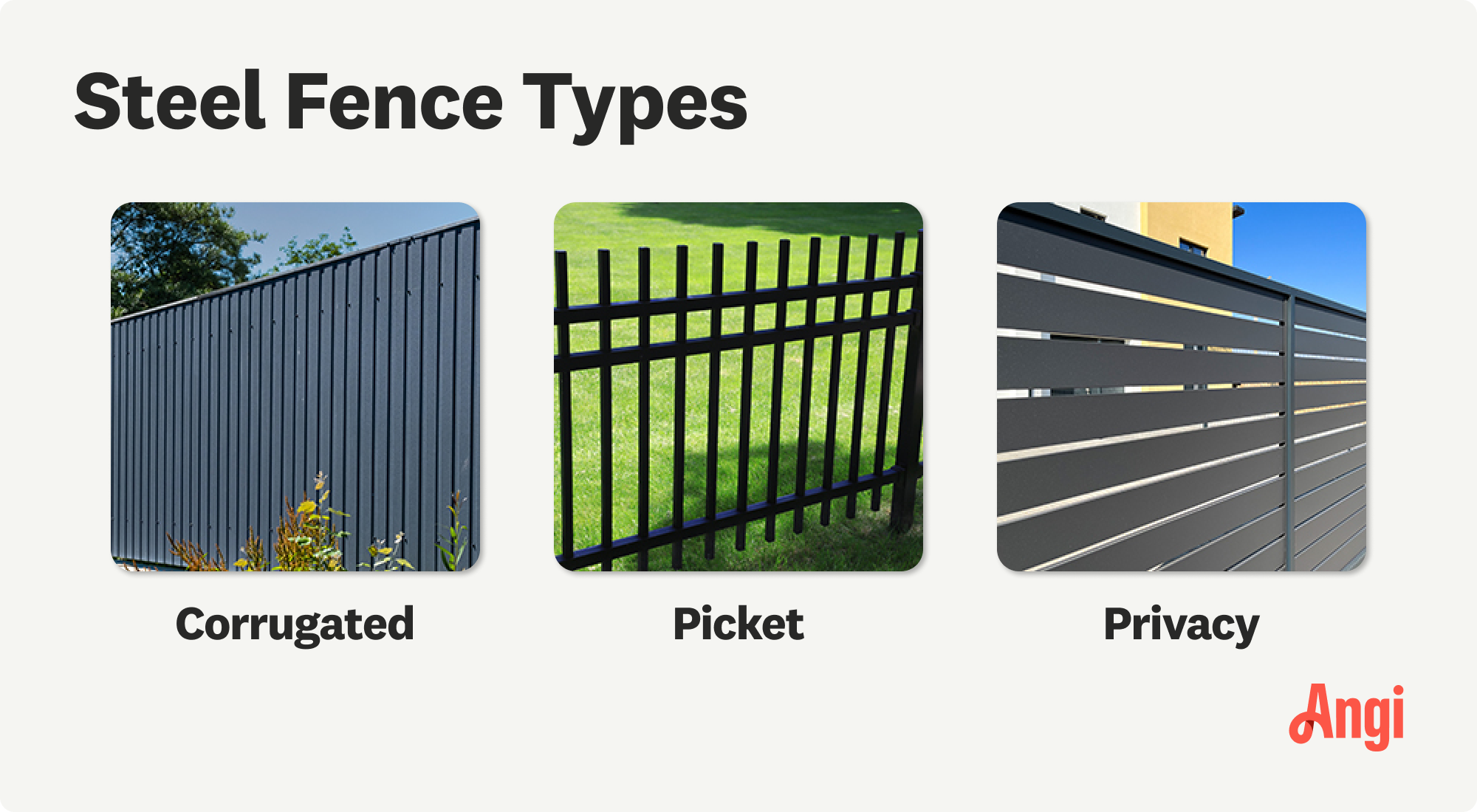
Corrugated: $20–$30 per linear foot
Picket: $40–$70 per linear foot
Privacy: $30–$70 per linear foot
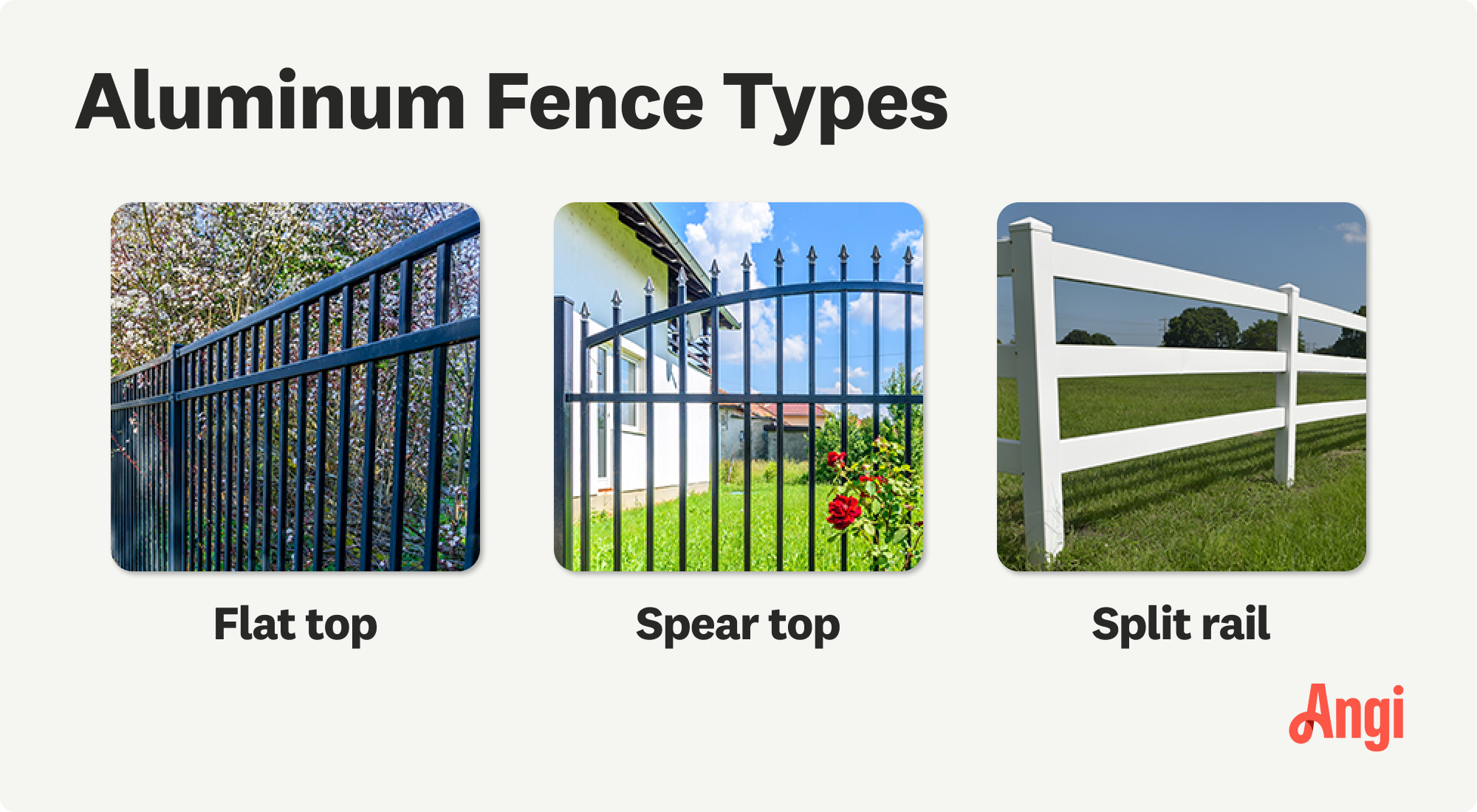
Flat top: $25–$40 per linear foot
Spear top: $30–$50 per linear foot
Split rail: $20–$40 per linear foot
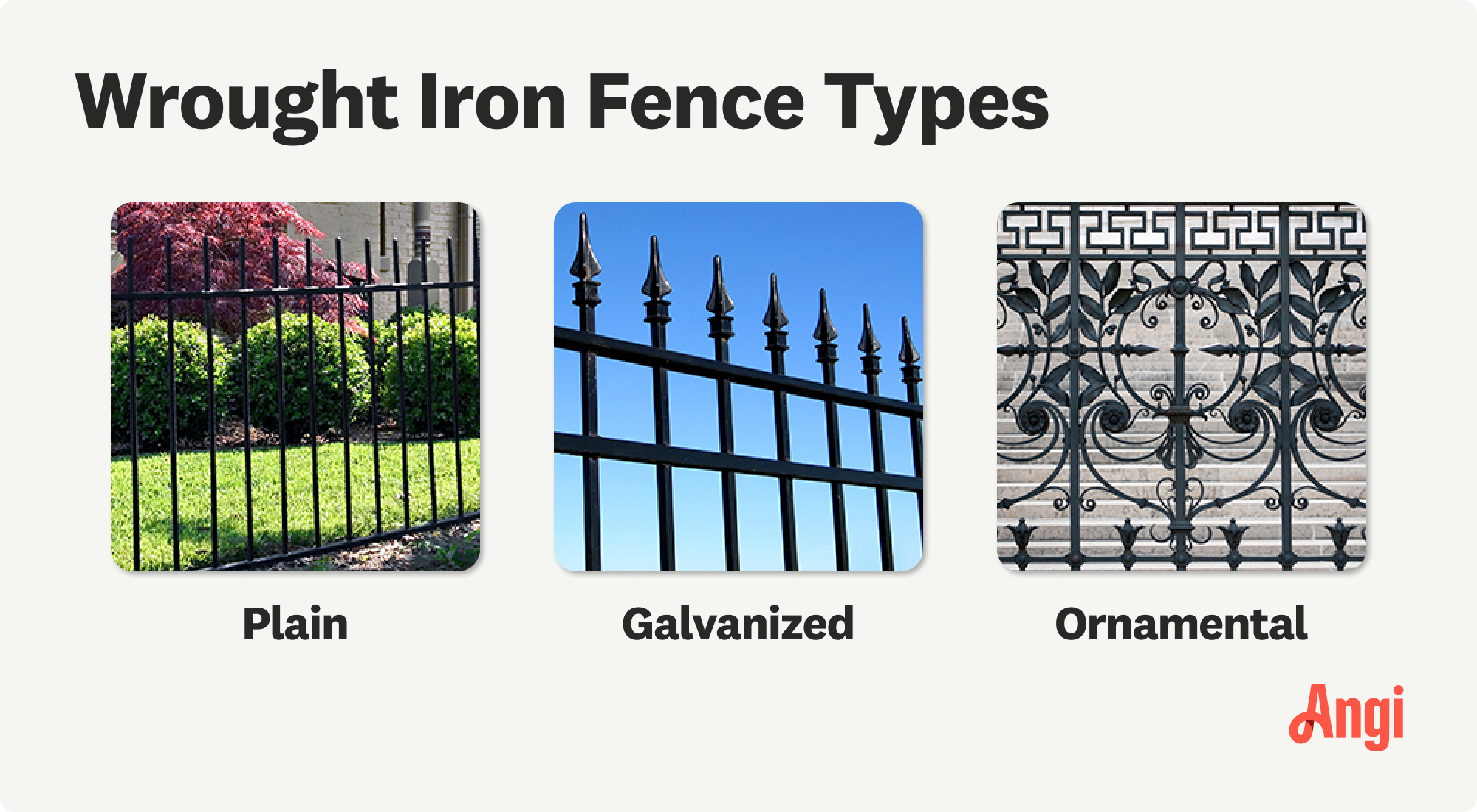
Plain iron: $25–$35 per linear foot
Galvanized iron: $40–$90 per linear foot
Ornamental iron additions: $30–$100 per linear foot
Fencing should always be considered in linear feet, and size is one of the most important factors that affect your total cost. While there can be an economy of scale—more fencing means lower price per foot—this doesn't start taking effect until the project is fairly large (over 0.25 acres).
Most fencing projects are around the perimeter of an existing property, and you can calculate pricing based on standard lot size to get a good idea of price ranges. The table below shows the average price range to fence two sides of a property.
| Size (Linear Feet) | Cost for Flat Top Aluminum Fence | Cost for Steel Privacy Fence |
|---|---|---|
| 100 | $700–$3,200 | $1,000–$2,000 |
| 200 | $1,400–$6,400 | $2,000–$4,000 |
| 300 | $2,100–$9,600 | $3,000–$6,000 |
| 400 | $2,800–$12,800 | $4,000–$8,000 |
| 500 | $3,500–$16,000 | $5,000–$10,000 |
| 600 | $4,200–$19,200 | $6,000–$12,000 |
There are four main types of metal used to build fences: chain link, steel, aluminum, and wrought iron. The price of aluminum and steel is comparable, but wrought iron is significantly more expensive. This price increase is due to higher refining costs, as completing wrought iron is labor-intensive. Here's a look at the price for materials—not including installation labor.
| Material | Cost per Linear Foot |
|---|---|
| Chain link | $10–$20 |
| Steel | $10–$30 |
| Aluminum | $7–$32 |
| Wrought iron | $25–$55 |
Within these metal types, there are many different kinds of fences, but you can’t make every type with any kind of metal. For example, chain link is almost always made from steel, and never wrought iron.
Hiring a local fencing contractor costs an additional $6 to $30 per linear foot, or around $1,200 to $6,000 for a typical 200-linear-foot fence. Contractors rarely give quotes in linear feet, but labor prices translate to about $40 to $90 per hour. When installing a fence, having a professional contractor can be an invaluable benefit to the quality and appearance of your fence. Your contractor may also offer other services for your fence, including:
Fence painting: $750 to $4,250
Pressure washing: $100 to $350
Gate installation: $900 to $3,800
The cost of a metal fence can vary by where you live. You’ll want to consider the cost of living and local contractor rates as you budget for your project. Below are cost estimates for several cities across the U.S. to help you put your price point into perspective.
| City | Average Cost |
|---|---|
| Austin, Texas | $3,900 |
| Boston, Massachusetts | $5,200 |
| Chicago, Illinois | $5,000 |
| Denver, Colorado | $4,200 |
| Los Angeles, California | $4,700 |
| Miami, Florida | $3,900 |
| Nashville, Tennessee | $4,800 |
| New York City, New York | $4,600 |
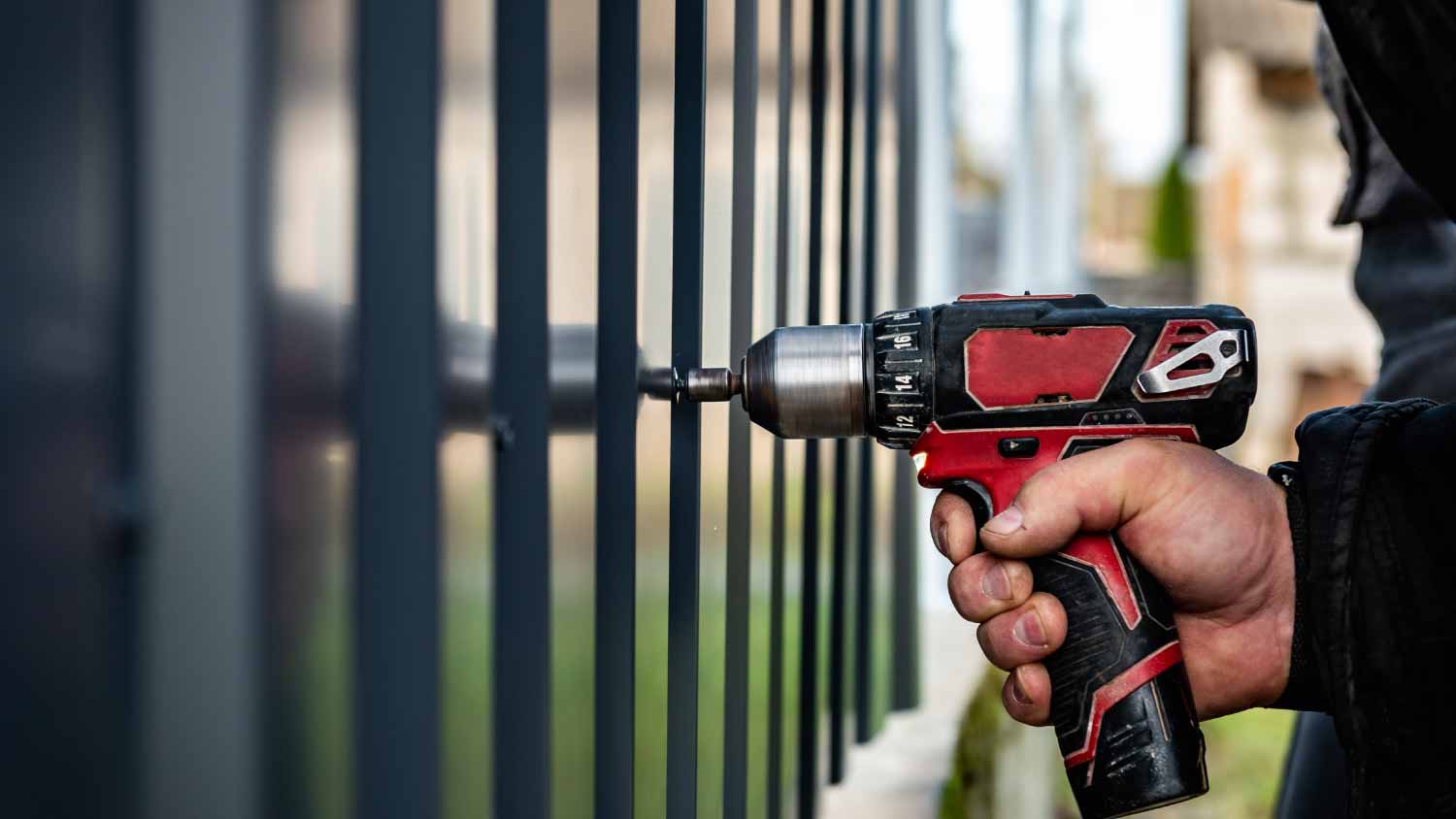
On top of your materials and labor expenses, you may also need to invest in other cost factors before you can install your metal fence. Land surveying, landscaping and grading, permits, gates, and routine maintenance are just a few additional costs to keep in mind.
Usually, you’ll need to conduct a land survey before building. Land surveys:
Determine whether the soil type is strong enough to hold the fence posts over many years
Check exact properties to help avoid conflicts with neighbors
Ensure there are no underground utility lines where you plan to build
Land surveying pinpoints the exact location of any underground utility lines to prevent damage during a metal fence installation. If you damage a line, the cost to fix the utility line will be very high—between $6,500 and $30,000—but there’s also the potential for injury if you hit an electric or high-pressure utility line.
Residential landscaping costs between $4.50 and $12 per square foot. For many residential properties, large-scale landscaping won't be required but for larger properties like ranches and homes built on land that hasn't been graded before, it may be a requirement. Sometimes it's as simple as removing a bush that's in the way, while other times, you’ll need to level an entire section of the property. Moving large boulders, removing stumps, and other tasks fall under this cost category.
Other than avoiding the penalty for building without a permit, you want to make sure the fence is approved by your city. In extreme cases, they can require you to demolish the work, so it isn't worth skipping the permit process. For metal fence installs, budget anywhere from $50 to $900 for a permit.
Gates cost between $200 and $7,800 for an average of $2,400 and vary widely in style and material. Automatic gates for driveways cost significantly more than a simple one-door swinging gate that accesses your backyard. You can ask your contractor if it would save money to install a gate while installing your fence.
Maintaining your fence shouldn’t be a project you need to do often, but you’ll still want to have a little pocket money for when maintenance work comes up. Check the fence every six months or so for signs of rust or damage. Pay attention to the angle of the fence, as a sagging fence or one that doesn’t stand vertically can mean the ground is shifting beneath it.
To keep your fence looking new, you may want to wipe it with soapy water or lightly power wash it once a year. Again, pressure washing a fence costs around $250 on average.
Handy DIYers can handle a good amount of fence installation themselves, if not the entire project. Using a post-digging tool can save dozens of hours of billable labor. Bonus points if you can gather some friends to handle some of the basic work.
That being said, fence installation is not the easiest job. It requires material delivery, machining expertise, and significant physical energy and strength. Those with injuries or who can't repeatedly lift over 70 pounds should absolutely hire a pro.
The amount saved on labor is not worth a potential medical bill—or worse. Hire a local fence installation company and save yourself dozens (sometimes hundreds) of hours of hard labor.
Knowing when it’s time to replace versus repair your fence is key to making the right financial decision. For the most part, if your fence has acute damage—meaning a branch falls on a section or some other isolated incident—you’ll probably only want to invest in reparation costs to fix the section impacted.
Other fixable, minor repairs include light rust or corrosion and slight bends in some of the fencing. A gentle hammer may bend the material back into place, while a quick sanding and resealing job could remove corrosion before major damage occurs.
However, if you have chronic metal fence damage, then there could be an underlying issue or irreparable damage. In this case, replace the fence entirely. When you receive a quote from your pro, another tell-tale sign that it’s time to replace a metal fence is the cost. If it costs more than 50% of the price of a new fence to repair your old one, seal the deal and replace it.
The two biggest factors for cutting costs are labor and materials. Choosing less expensive metals and doing some or all of the work yourself will save you the most money. However, some other, creative ways to save are:
Plan the fence layout on simple terrain.
Shop for fencing sales.
Use recycled materials.
Simplify gate design or ornamentation.
Source locally to cut transport costs.
Plan around areas that already require landscaping.
Metal fences have an ROI of anywhere from 30% to 70% depending on the quality, style, size, and location. If done well, installing a metal fence can increase your home’s value by boosting curb appeal, providing additional security, and giving homeowners more privacy—this is especially true if your old fence is in poor condition, as this can detract from your home’s sellability.
At the same time, fences might not increase home values during an appraisal if there isn’t a demand for this style of fencing in your area. So speak with a local property appraiser to get an idea of how valuable it might be to install a metal fence on your property.
Home is the most important place on earth, which is why Angi has helped more than 150 million homeowners transform their houses into homes they adore. To help homeowners with their next project, Angi provides readers with the most accurate cost data and upholds strict editorial standards. We extensively research project costs to develop the pricing data you see, so you can make the best decisions for you and your home. We rely on reputable sources, including the U.S. Bureau of Labor Statistics, academic journals, market studies, and interviews with industry experts—all to ensure our prices reflect real-world projects.
Want to help us improve our cost data? Send us a recent project quote to [email protected]. Quotes and personal information will not be shared publicly.
From average costs to expert advice, get all the answers you need to get your job done.

Discover how much wrought iron fence installation costs depending on factors like its size, thickness, design, and location.

The cost to install a picket fence varies by height, material, labor, and more. Read this guide to help you budget for a picket fence installation.

An electric fence is an effective way to keep animals in your yard. Learn how much different electric fences cost, in this guide.

The best wood for fencing is also the most durable—and beautiful. Our guide breaks down the top picks for your wood fence project.

Fence posts are the foundation of any sturdy fence. Make sure your fence is straight and strong with this step-by-step guide on how to install a fence post.
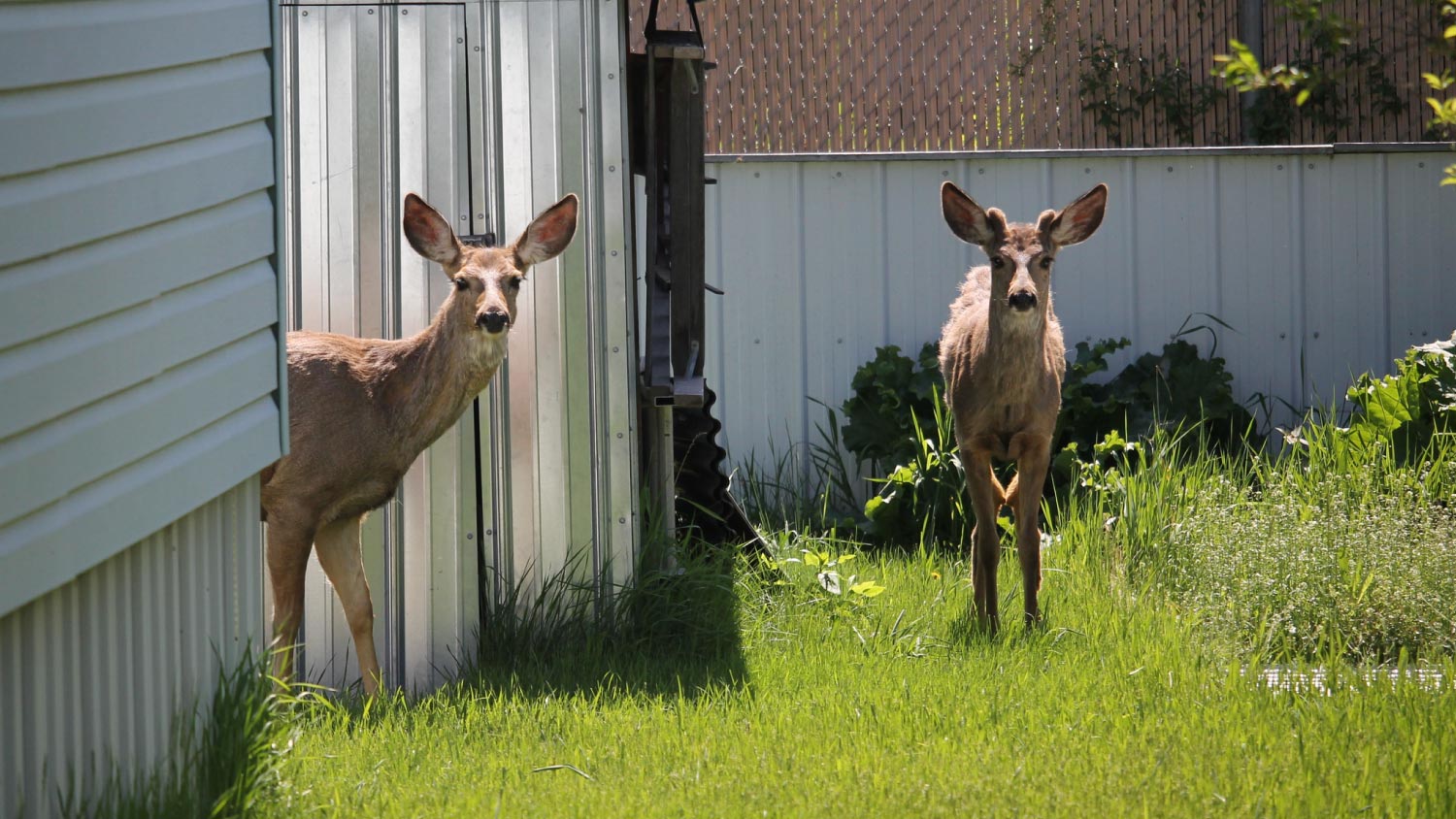
Discover the cost of deer fence installation. Learn about average prices, key cost factors, and tips to save on your deer fence project.